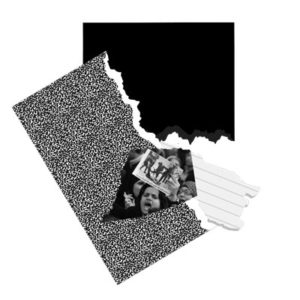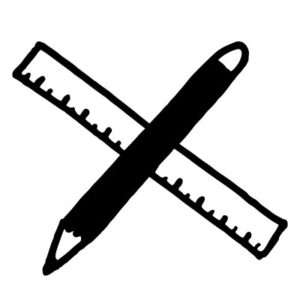Work & Labor — Fall 2019
This fall we’ll be presenting programs on WORK & LABOR, in conversation with the work of our fall artist in residence, Ahree Lee. We’re looking for programs — talks, workshops, discussions, performances, immersive experiences, screenings, etc. — that address labor that is visible and invisible, compensated and uncompensated, creative, technical, intellectual, conceptual and/or emotional.
Where is the boundary between work and leisure? What places and spaces do we think of as workplaces? How is invisible labor made visible? How is labor gendered, queered, and/or racialized? What labor is valued and compensated, and why? And how do we think about our labor — and our time — outside of colonial, patriarchal, and/or capitalist frameworks? These are some of the questions we’re thinking of — feel free to propose your own!
These programs will be offered during September, October, and November 2019. For consideration, please submit by August 15, 2019.
Types of programs we are looking for:

Art & Social Justice
We welcome program proposals that bring art and social justice into the same conversation, or that use creative work to address a feminist issue (for example through performance, a discussion of an art work, through reading groups, etc.) Some good examples of programs like this are this performance lecture, this panel, and this group discussion.

Life Skills & Professional Development
We also like workshops that help women & nonbinary creatives develop useful life skills, like communicating more effectively, taking care of your car, or getting real with money. We encourage anyone with a skill to share to apply, regardless of the quarterly theme.
Who Should Propose A Program?
In alignment with our Core Values, we prioritize proposals that center people who have historically been marginalized in feminist and art spaces. This includes programs lead by and/or centering people of color (especially Black or Indigenous people), trans and non binary people, and disabled people.
Why is this important?
WCCW makes a dedicated effort to challenge cis-hetero-patriarchy; white-supremacy; and exclusionary, colonial, capitalist, and ableist systems. Marginalized groups are often most equipped to critique and survive under oppressive systems, which is why everyone benefits when people from those groups are in positions of leadership.
We’re invested in creating value around the cultural production of women and nonbinary folx through supporting their exhibitions, programming, publishing, businesses, and other artistic and creative projects. All program hosts are paid, regardless of income from the program. (More info on that here.)
For more information on application timeline, programming restrictions and guidelines, program fees and compensation, please visit our Programming page.

